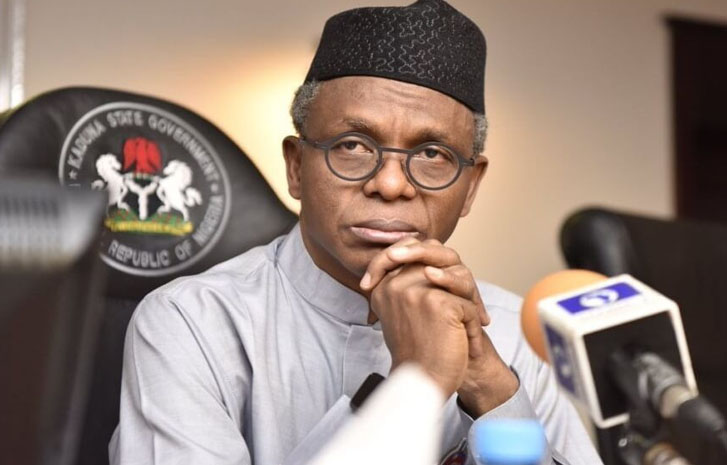The National Economic Council (NEC) Thursday in Abuja announced the resolve of the federal government to borrow N2 trillion from the current N10 trillion pension funds to finance the development of infrastructure.
It also pronounced a national emergency on the power sector, noting that the federal government had pumped N1.7 trillion into the sector in the last three years with little or nothing to show for it.
Briefing newsmen at the end of the NEC meeting in Abuja, presided over by Vice President Yemi Osinbajo, Kaduna State Governor, Nasir el-Rufai, said the decision to pull N2 trillion out of the pension funds was reached by a NEC committee that he is chairing.
El-Rufai said the committee presented an interim report on its assignment to the council and the decision to borrow N2 trillion from the pension fund was consistent with the Pension Reform Act 2004, which empowers the government to borrow 20 per cent of the fund to address national issues.
According to him, various countries of the world such as Chile and South Africa funded their infrastructure growth by borrowing money from workers’ pension funds.
He explained that with paltry N200 billion allocation for road construction and maintenance in the 2019 budget and N169 billion in 2020 budget, the country will never be able to address its road infrastructure deficit.
According to him, highway infrastructure deficit can only be effectively addressed by long term funds such as pension funds.
He said with the pension funds owned mainly by youths in their 30s who still have several years ahead of retirement, utilising the funds for infrastructure would not generate any problem.
He said: “In 2019 budget, N200 billion was budgeted for construction and maintenance of federal highways. In 2020, the budget is N169 billion. If we continue this way, we will never be able to fund highway infrastructure. We need to unlock funds to construct and maintain highways.
“We will never be able to construct and maintain highways with N200 billion every year. Highway infrastructure and maintenance can only be done with long term funds.”
El-Rufai who said the committee had identified three areas where the pension funds would be invested, listed the areas as rail, road and power, adding that the borrowing would be done through bonds with private companies investing in road and rail infrastructure and paying within a period of 20 years.
He also said another committee on power, also chaired by him, presented an interim report to the council on the status of owners of electricity distribution companies (Discos).
According to him, from presentations by stakeholders to the committee, they agreed that a national emergency was required in the power sector, which is facing structural problems.
He stated that in the last three years, the federal government had invested N1.7 trillion in the power sector, despite privatisation, adding that spending such a huge sum despite privatisation meant that the exercise had no meaningful effect.
The governor said to address the endemic crises plaguing the power sector, the committee threw open consultations on how to fix the power sector challenges by inviting memoranda from the general public.
In his own briefing, Rotimi Akeredolu, the governor of Ondo State, said the council was briefed on emerging health matters in the country by the minister of health, Osage Ehanire.
According to him, the minister said Nigeria had been free from polio for some time and if the trend is sustained till June.











